#dunkirk evacuation
Explore tagged Tumblr posts
Text

Dunkirk (2017, Christopher Nolan)
22/11/2024
#dunkirk#2017#christopher nolan#world war ii#Dunkirk evacuation#ensemble cast#fionn whitehead#tom glynn carney#jack lowden#harry styles#aneurin barnard#james d'arcy#barry keoghan#cillian murphy#mark rylance#tom hardy#kenneth branagh#imax#los angeles#Special effect#united states#italy#Nazi Germany#Allies of World War II#british army#u boat#winston churchill#minesweeper#great britain#royal navy
10 notes
·
View notes
Photo
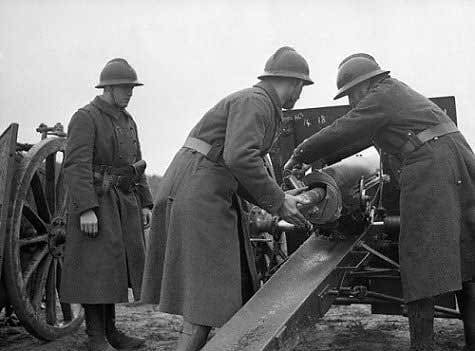
Canon de 75 mm servi par des soldats français pour couvrir l'évacuation de Dunkerque (Opération Dynamo) face aux allemands - Bataille de Dunkerque - 28 mai 1940
#WWII#Bataille de France#Battle of France#Bataille de Dunkerque#Battle of Dunkirk#Opération Dynamo#Dynamo operation#Evacuation de Dunkerque#Dunkirk evacuation#Armée française#French army#Artillerie#Artillery#Artillerie de campagne#Field artillery#Canon de 75 mm#Dunkerque#Dunkirk#France#28/05/1940#05/1940#1940
32 notes
·
View notes
Text
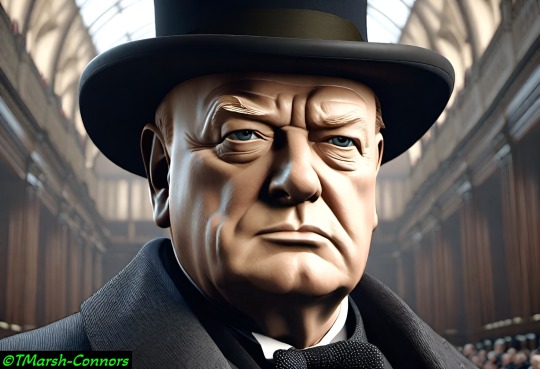


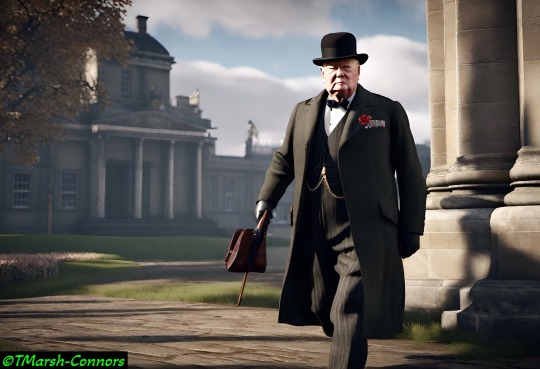
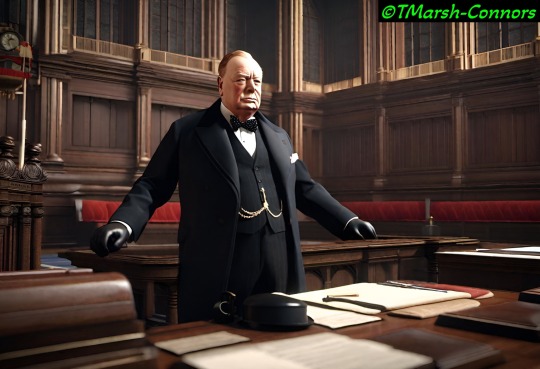
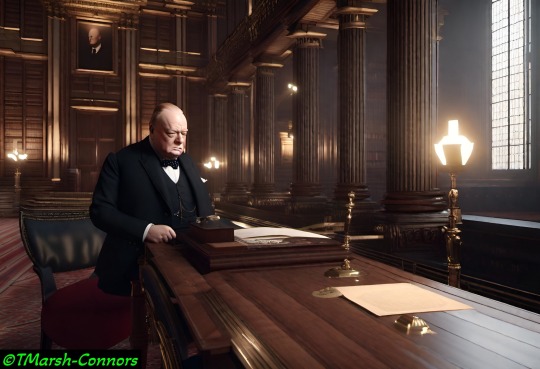
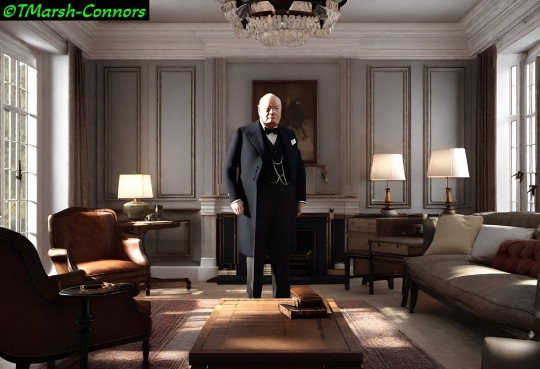

Sir Winston Leonard Spencer Churchill was a British statesman, soldier, and writer who served as Prime Minister of the United Kingdom twice, from 1940 to 1945 during the Second World War, and again from 1951 to 1955.
#British Prime Minister#World War II#Leadership#Orator#Statesman#British History#Iron Curtain#Allies#Speeches#War Strategist#Political Figure#Nobel Prize in Literature#Conservative Party#Cold War#V for Victory#Dunkirk Evacuation#Churchillian#Historical Figure#British Empire#Battle of Britain
13 notes
·
View notes
Photo
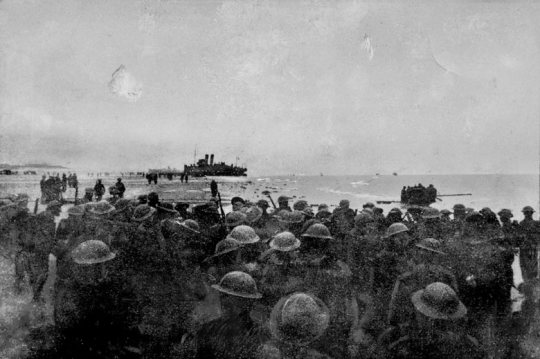
The Dunkirk evacuation or Operation Dynamo was the evacuation of more than 338,000 Allied soldiers from the beaches and harbour of Dunkirk, in the north of France, between 26th May and 4th June 1940. The operation commenced after large numbers of Belgian, British and French troops were cut off and surrounded by German troops during the six-week Battle of France. In a speech to the British House of Commons on 4th June, Prime Minister Winston Churchill hailed their rescue as a ‘miracle of deliverance’.
text abridged from here
6 notes
·
View notes
Text

1 note
·
View note
Text
A Legacy of Strength: Churchill’s Historic June 4th, 1940 Speech
youtube
In the annals of history, there are speeches that resonate far beyond their immediate context, echoing through the corridors of time with unwavering clarity. One such speech is Winston Churchill's address to the British House of Commons on 4th June 1940. Delivered during the dark days of World War II, it is a masterclass in rhetoric and resolve, encapsulated by the stirring words, "We shall not flag nor fail. We shall go on to the end. We shall defend our Island, whatever the cost may be."
This speech was not just a call to arms; it was a galvanizing force that unified a nation under siege. Let's explore some key features of this historic oration that continue to captivate and inspire.
1: A Rallying Cry
Purposeful Tone: Churchill's speech was crafted to bolster British morale during a time of great uncertainty. His deliberate choice of words and assertive tone aimed to reassure the public and military forces alike, affirming that surrender was not an option.
Emotional Resonance: The speech tapped into the collective spirit of the British people, acknowledging their fears while simultaneously igniting a fierce determination to stand strong against the looming threat of Nazi Germany.
2: Masterful Use of Repetition
Repetition for Emphasis: The repeated use of "We shall" throughout the speech is a rhetorical device that underscores the resolve and solidarity of the British people. This technique not only emphasizes commitment but also creates a rhythmic, almost musical quality that reinforces the speech's memorability.
Building Momentum: As the speech progresses, the repetition builds momentum, sweeping the audience along on a wave of national pride and unyielding strength.
3: A Vision of Collective Unity
Inclusive Language: By using inclusive language such as "our Island" and "we," Churchill fostered a sense of unity and shared responsibility. This was crucial in rallying a diverse population to a common cause.
Beyond Borders: Churchill's words extended beyond the geographical confines of Britain, symbolizing the broader fight for freedom and democracy. This vision resonated with Allied nations, cementing partnerships that were vital for the war effort.
4: Timeless Inspiration
A Legacy of Resilience: Decades later, Churchill's speech remains a symbol of resilience and courage. It serves as a reminder that in times of adversity, the human spirit is capable of remarkable perseverance.
Modern Relevance: In today's world, where challenges abound, the speech continues to inspire leaders and individuals alike to stand their ground and face difficulties head-on.
In conclusion, Winston Churchill's speech of 4th June 1940 is more than a historical artifact; it is a testament to the power of words to unite, inspire, and fortify the human spirit against overwhelming odds. Though not essential to daily life, revisiting this classic oration offers a profound reminder of the enduring strength found in collective resolve and an unwavering commitment to a just cause.
Go to Churchill's Speech on 4th June 1940
#Winston Churchill#4th June 1940#Dunkirk evacuation#World War II speeches#Battle of Britain#British morale#Defiance against Nazi Germany#Repetition in rhetoric#We shall fight on the beaches#British unity#Wartime leadership#Call to arms#Speech of resilience#National pride#House of Commons address#Allied cooperation#Timeless inspiration#Rhetoric of unity#Perseverance and courage#Churchillian legacy#Youtube
1 note
·
View note
Text
The Battle of Dunkirk- Miracle of Dunkirk
#BattleeofDunkirk, #EvacuationofDunkirk, #miracleofDunkirk,
Evacuation Dunkirk May 26, 1940 The Battle of Dunkirk, which took place during World War II. Stands as a testament to the indomitable spirit of humanity in the face of adversity. It was a pivotal moment that showcased the bravery, resilience, and unity of the Allied forces as they faced overwhelming odds. In this blog post, we will delve into the events leading up to The Battle of Dunkirk. The…
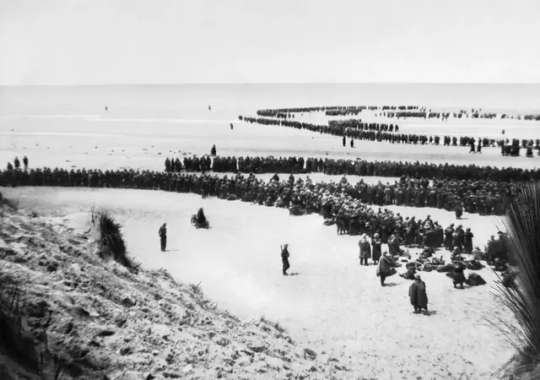
View On WordPress
#battle of dunkirk#battle of the dunkirk#dunkirk evacuation#dunkirk facts#dunkirk military leaders#miracle of dunkirk#operation dynamo#warpedia#world war II#ww2
0 notes
Text
I do recommend going to small museums as they always have the coolest and weirdest shit
#example one: RNLI Poole Lifeboat museum has a 1939 lifeboat that helped in the Dunkirk evacuation and has the history from 1882 to 2021#example two: Milton Keynes museum that has rooms that recreate victorian life and has a full museums on development of telephones#I just love museams
2K notes
·
View notes
Video
Warbirds by Treflyn Lloyd-Roberts Via Flickr: A matching pair of Hurricanes that had seen active service during World War II display over Sywell during the 2024 air show. V7497 is a Battle of Britain veteran, while P2902 crash landed on a beach during the Dunkirk evacuation in 1940. Aircraft: Hawker Hurricane Mk.Is V7497/SD-X (G-HRLI) and P2902/R-DX (G-ROBT). Location: Sywell Aerodrome (ORM/EGBK), Northamptonshire, UK.
#show#airshow#flying#display#matching#pair#Hurricanes#seen#active#service#during#World#War#Two#2#II#WW2#WWII#V7497#Battle of Britain#Battle#Britain#veteran#while#P2902#crash#land#beach#Dunkirk#evacuation
54 notes
·
View notes
Text


this is where operation dynamo happened. it was truly gorgeous
#even went on the actual pier the british soldiers evacuated through#the sea was too high to see the whole wreck but we could see two top chimneys(?) of one of the ships that was sunk near it#the one that’s in the movie#can’t post the video sorry because there are people i know in thee who might not want to be posted xx#i love dunkirk <3
2 notes
·
View notes
Text
.
#hhhhh so i’m going to dunkirk this weekend#screaming crying throwing up#this was definitely how god intended me to use the late may bank holiday#i’m going to be there the day the evacuation began 84 years ago
0 notes
Text

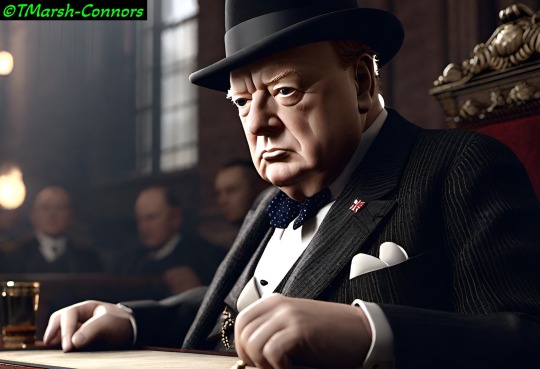
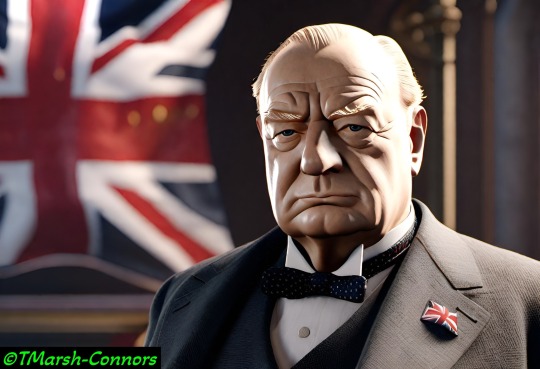

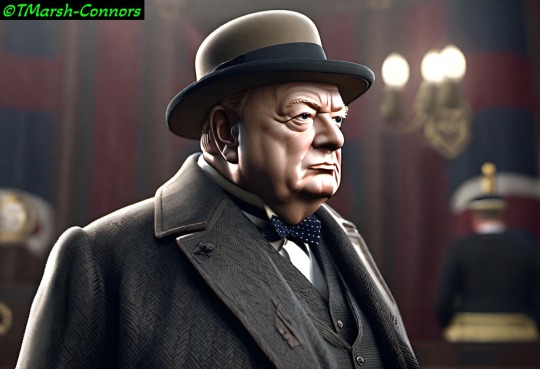
Sir Winston Leonard Spencer Churchill was a British statesman, soldier, and writer who served as Prime Minister of the United Kingdom twice, from 1940 to 1945 during the Second World War, and again from 1951 to 1955.
#British Prime Minister#World War II#Leadership#Orator#Statesman#British History#Iron Curtain#Allies#Speeches#War Strategist#Political Figure#Nobel Prize in Literature#Conservative Party#Cold War#V for Victory#Dunkirk Evacuation#Churchillian#Historical Figure#British Empire#Battle of Britain
1 note
·
View note
Text
Ridley Scott, regarding his new Napoleon movie, is being aggressively defensive about its inaccuracies with historians. He's gone on record saying "When I have issues with historians, I ask: ‘Excuse me, mate, were you there? No? Well, shut the fuck up then.’" This is a classic argument of people with no idea how historians do their work, how historical accuracy is determined and evaluated, and - in Ridley Scott's case in particular - how important it is to properly portray historical accuracy in other media.
The reason why Ridley Scott is being so aggressively dismissive of complaints about historical accuracy is due to past beef leading to a problem he likely has.
This is a movie that, by din of being touted as a 'nonfiction' movie about a historical figure, is basing much of its marketing on historical accuracy by default. The trailers show it's not, and reviews by historians say it is riddled with dozens if not hundreds of inaccuracies. Napoleon's portrayal is frankly a surface level depiction and nowhere near the nuance that historians were hoping for.
Scott's defensive about it. He need not be. If he had a historical consultant then he could go "I'm not an expert on the time period, but I have someone who is, ask them about it" and fob them off on his movie's historical consultant. It's a whole Thing. He doesn't have one, however, so he has to defend it personally.
You see, Ridley Scott probably didn't hire a historical consultant for Napoleon. The last time he had one - Kathleen Coleman for Gladiator - she was so upset over the inaccuracies he pushed through and how little her work affected the film, she requested her name be taken off of it.
Why this is important is because so many more people will watch a movie made by Ridley Scott than I or any other person could write. More people will watch Scott's Napoleon in the States than five hundred books about Napoleon combined worldwide.
More people watched Dunkirk than ever read a book about the Evacuation of Dunkirk. The movie Breaker Morant did so much for public perception about the execution of a genuine war criminal people in Australia still on occasion call for a pardon for Morant.
Fundamentally, mass media like movies will always have more impact of a popular perception about somebody, a time period, an event. That's why Ridley Scott making an inaccurate movie and going 'oh, you weren't there, you didn't see it with your own eyes, so how could you know, I don't have to listen to you' is a problem.
9K notes
·
View notes
Text
Two miracles happened that night: the sea was calm enough for small boats, and Hitler held back his striking force of Panzers. But why?




Tom Glynn-Carney as Peter Dawson
#Dunkirk#WWII#British Army#English Channel#small boats#troop evacuation#heroism#miraculous#British history#UK
145 notes
·
View notes
Text
Evacuate the soldiers from the beaches of Dunkirk




131 notes
·
View notes
Photo
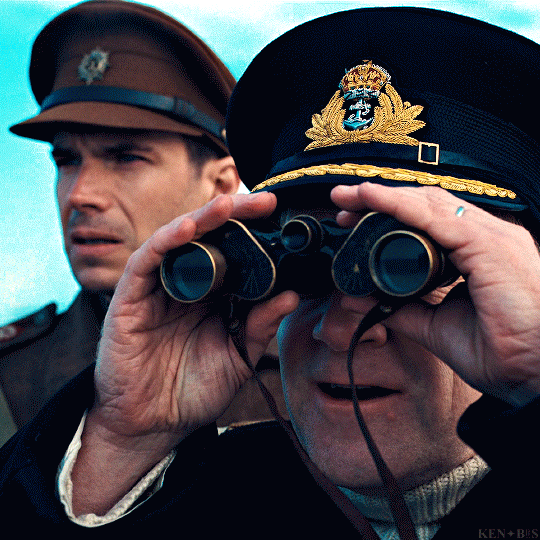

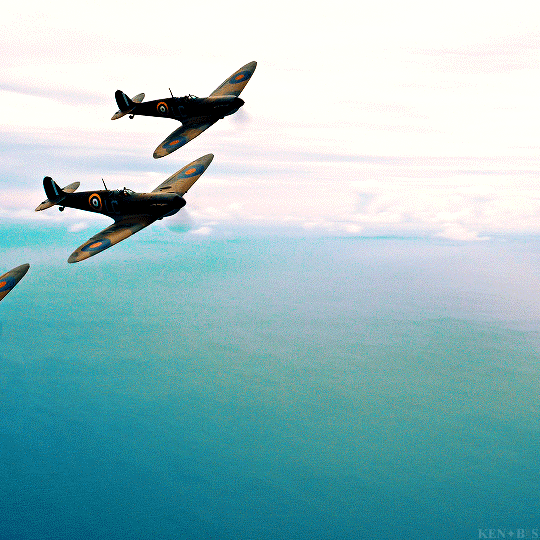


Wars are not won by evacuations. But there was a victory inside this deliverance which should be noted.
DUNKIRK (2017) dir. Christopher Nolan
#dunkirk#filmedit#waredit#filmgifs#dailyflicks#cinematv#moviegifs#userstream#cinemapix#useralison#tuserjen#userrobin#usercharisse#userraffa#userrin#underbetelgeuse#userisaiah#userbarrow#*my works#*misc
631 notes
·
View notes
